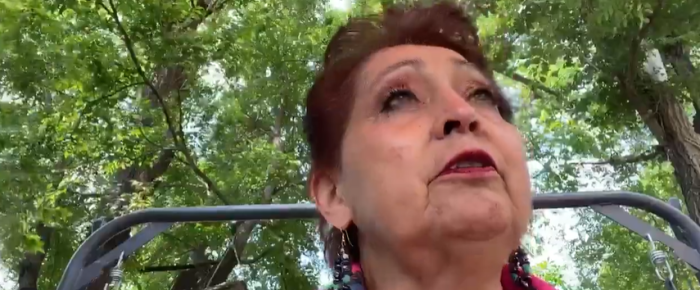LaDonna Brave Bull Allard was a Standing Rock Sioux elder who spent most of her life educating people about the history of the land and protecting the sacred sites of…
Read moreLaDonna Brave Bull Allard: Standing Rock Elder and Water Protector


LaDonna Brave Bull Allard was a Standing Rock Sioux elder who spent most of her life educating people about the history of the land and protecting the sacred sites of…
Read more